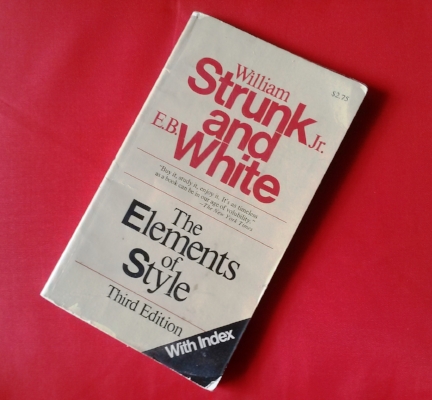In Praise of the Lowly Comma
One tiny comma can sometimes make all the difference when it comes to the meaning of a sentence or a contract for that matter. Strunk and White advocated for the Oxford comma in their classic book, “The Elements of Style,” while the AP Stylebook doesn’t require series comma. If you’re an Oxford-comma proponent like me, a recent federal court ruling will reinforce your position. The following articles will help make my case on the importance of the lowly comma.
Do We Really Need the Oxford Comma? A Federal Court Says Yes
If you don’t think the Oxford comma is necessary, a federal court’s recent decision will tell you otherwise. The 1st Circuit Court of Appeals has ruled in favor of delivery drivers who claimed they were eligible for overtime pay under Maine’s regulations. Their argument relied on the absence of a serial comma in the law.
In the case of O’Connor v. Oakhurst Dairy, a milk and cream company contested the claim of five delivery drivers for overtime pay, saying the state’s overtime laws exempted such pay. A lower court that first heard the case decided in favor of Oakhurst Dairy, but the appeals court disagreed in its decision on March 13. Read the entire article.
Oxford Comma: To Use or Not to Use? That is the Question
As a writer, the AP Stylebook is my bible. I’ve changed jobs, from journalism to P.R. and now marketing, but I continue to follow it—except for its rule against the Oxford comma. I follow Strunk and White’s rule, instead. You would do well to do the same.
“The Elements of Style” by William Strunk Jr. and E.B. White says: “In a series of three or more terms with a single conjunction, use a comma after each term except the last.” For example, “red, white, and blue.”
Meanwhile, the AP Stylebook says: “Use commas to separate elements in a series, but do not put a comma before the conjunction in a simple series.” For example, “The flag is red, white and blue.” Read the entire article.

